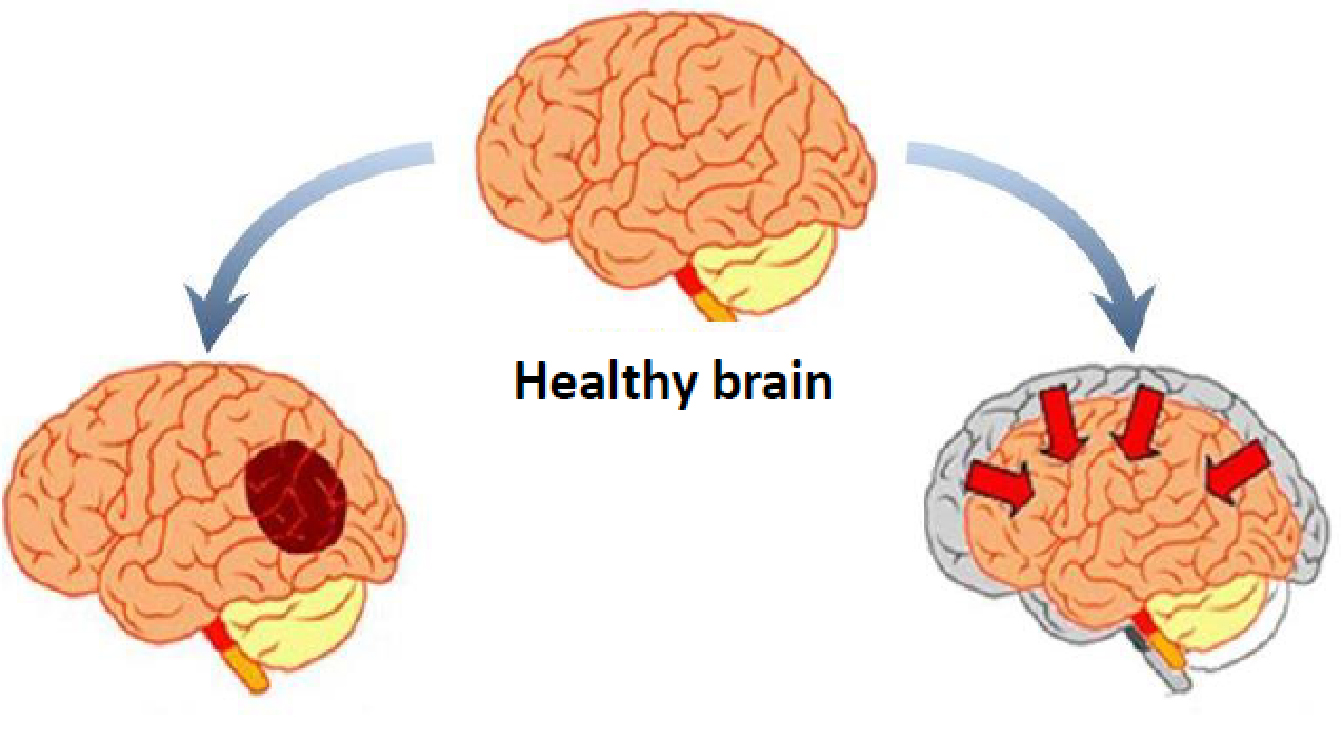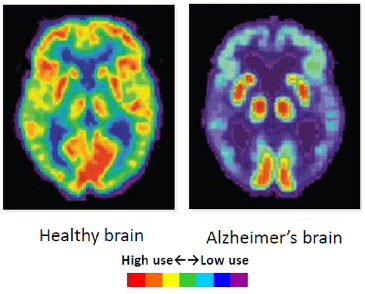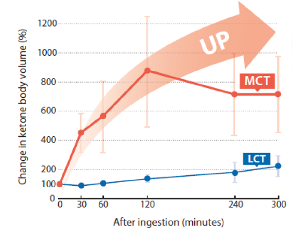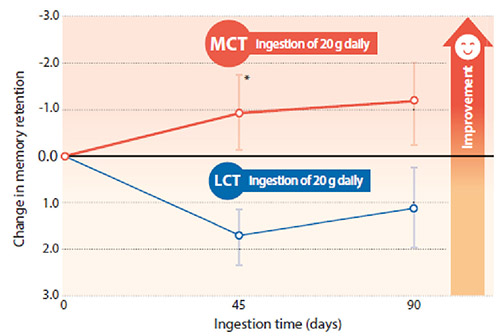Brain Health
Dementia is a syndrome that is accompanied by symptoms such as deterioration in memory, thinking, behavior and the ability to perform everyday activities. Despite mainly seeing dementia expression in older people, it is not a natural part of ageing.
Dementia is a global disease, in which 35,6 M people worldwide present their symptoms and 7,7 M new cases arise each year. The syndrome presents a physical, psychological, social and economic impact on caregivers, families and society.
Alzheimer is the most common disease expression of dementia and may contribute to 60 to 70% of cases.

Vascular Dementia:
Brain damage from impaired blood flow to the brain.
Alzheimer’s disease:
The brain cells themselves degenerate and die, causing brain atrophy and steady decline in memory and mental function.
More than 4.5 M people over 65 suffer from dementia. In addition, 4 M people have mild cognitive impairment of which approximately 50% of cases will progress to dementia. The global costs of dementia nearly multiply the most common disease like cancer, heart disease or stroke by 3. The present subject was discussed in the 2013 G8 Summit.
Alzheimer’s disease prevents the brain from making proper use of glucose. Consequently, it causes energy-deprived brain cells to become dormant, after which they decline into a dysfunctional state.
The results of PET* scans comparing the brains of healthy elderly persons and Alzheimer’s patients have indicated conspicuously lower use of glucose in the brains of Alzheimer’s patients than in those of normal elderly subjects.
* PET is the abbreviation for Positron Emission Tomography. This testing method clarifies sugar uptake conditions in the brain. It is also utilized in the diagnosis of Alzheimer’s disease patients.
Uptake of Glucose into the Brain

Source: Modifi ed from Nature Reviews Neurology, 2011; 7 (3): 137–52
Changes in Ketone Body Volume in the Blood after Ingesting MCTs

* Source: Modifi ed from Pi-Sunyer F. X., Hashim S. A., Van Itallie T. B., Diabetes, 1969; 18, 96–100. Have 14 healthy subjects ingest 1 g of MCTs (composed principally of C8 and C10 fatty acids) per 1 kg of body weight and 1 g of corn oil per 1 kg of body weight after overnight fasting. Change in ketone body volume: Volume change 0 hours after ingestion.
Ingestion of QuolioTM promotes the synthesis of ketones in the liver. Ketones turn out to be an alternative energy source for the brain when glucose supply becomes scarce. Even with glucose present in the body, QuolioTM can lead to efficient ketone bodies generation.
When comparison at same ingestion level between long chain triglycerides (LCT) present in common fats and oils and MCT (QuolioTM), MCT shows superior efficiency to produce ketones.
The results of research tracking the impact of MCT (QuolioTM) ingestion on Alzheimer’s disease were reported in the United States. According to that data, the level of ketone bodies in the blood of a group ingesting MCTs increased, indicating effects in curbing memory retention decline. From these results, it is surmised that brain cells falling dormant due to energy deficiencies can once again function on the strength of ketone bodies.

*Source: Modifi ed from Henderson S. T. et al., Journal of Nutrition and Metabolism (London), 2009; 6, 31. Commenced with group of 124 Alzheimer’s patients and persons suffering from mild cognitive disorders. Change in memory retention: Difference in ADAS-Cog score compared to start of study. Improvement indicated in subjects with smaller values.